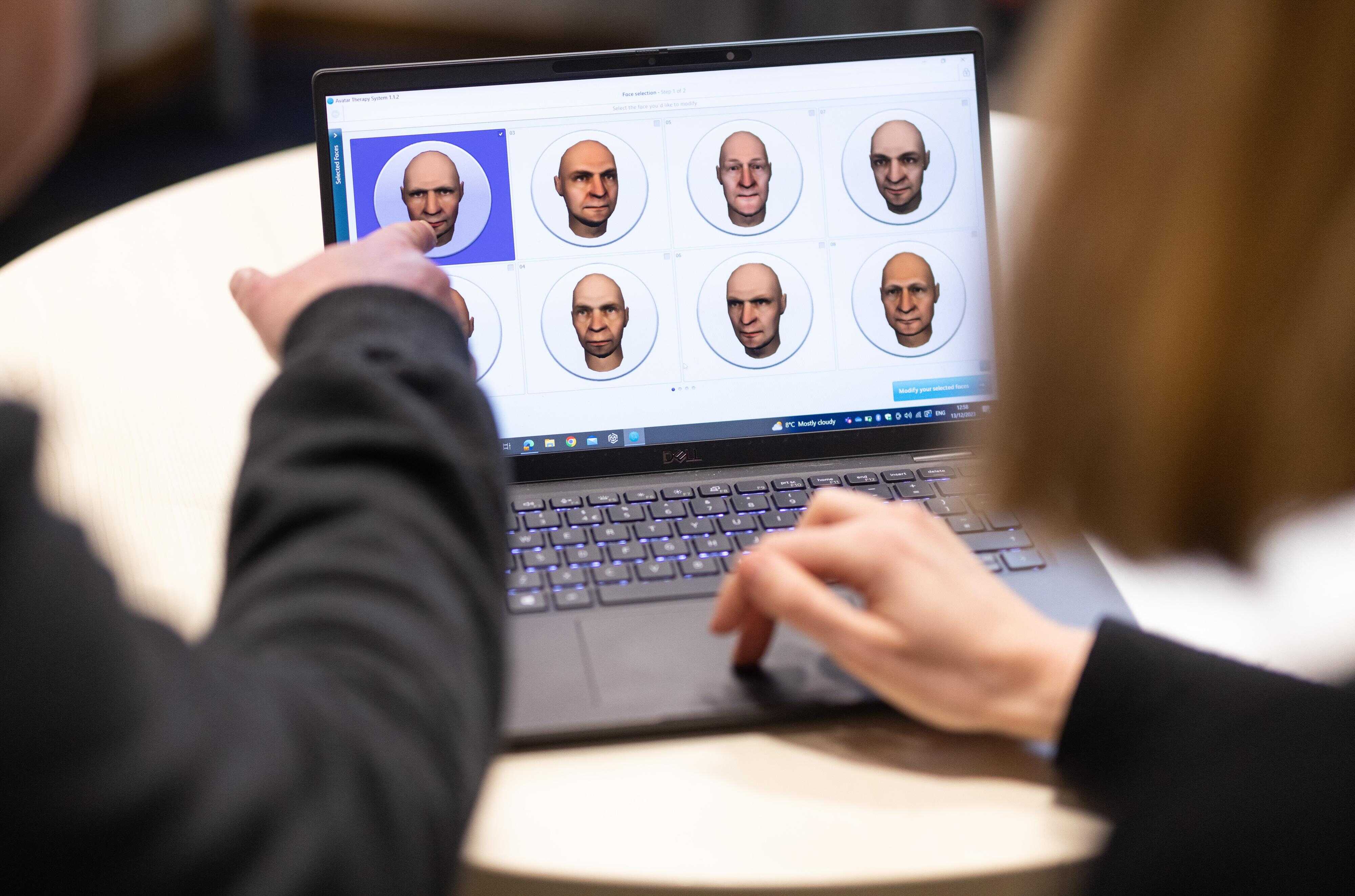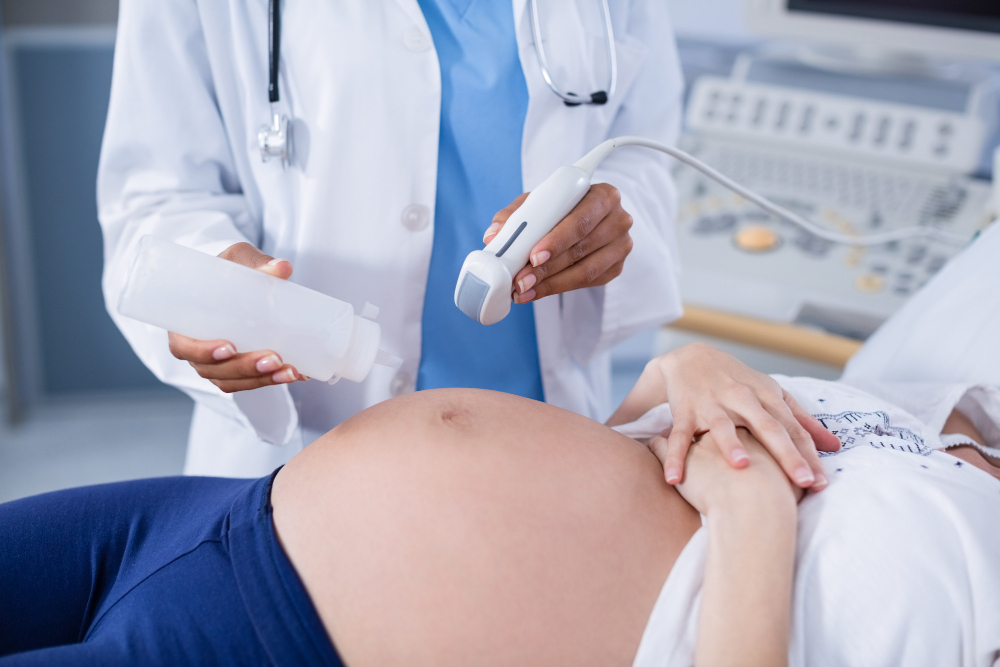The most effective strategy for discontinuing antidepressants is gradual reduction combined with psychological therapy, according to data from more than 17,000 adults
A meta-analysis published in The Lancet Psychiatry journal concludes that the most effective way to discontinue antidepressant treatment in people with remitting depression is to gradually reduce the dose in combination with psychological therapy. Furthermore, this strategy proved to be just as effective in preventing relapses into depression as continuing medication. The study was based on data from more than 17,000 adults with depression and anxiety in remission, although the evidence for the latter disorder was not as robust.









